Rosacea and the skin-gut connection
What is Rosacea?
Rosacea is a common skin condition characterised by facial redness and can be associated with spots usually affecting the cheeks, nose, chin and forehead. Some individuals can go on to develop more inflammatory complications causing swelling of some parts of the face due to overgrowth of the glands and fibrous tissue.
How common is Rosacea?
Rosacea affects around 1 in 10 adults, it’s a condition that predominantly affects women between 35 and 65 years of age, which equates to around 5 million people suffering from rosacea in the UK alone.
What causes Rosacea?
While the exact cause of Rosacea is unknown, it is believed to be a combination of genetic and environmental factors at stake. Additionally, recent studies have reported an association between Rosacea and gastrointestinal conditions such as irritable bowel syndrome (IBS), Crohn’s disease, ulcerative colitis, small intestinal bacterial overgrowth (SIBO) and Helicobacter pylori-infection.
This suggests that there may be a connection between poor gut health and the development of Rosacea symptoms. With a tsunami of innovative research in the domain of the human microbiome, the complex ecosystem of microorganisms inside our gut, we are discovering something new all the time.
The gastrointestinal tract, being the size of a tennis court stretched, plays the critical role of an internal semi-permeable barrier. The balance of the ecosystem is dynamic but volatile and modern living and diet aren’t usually beneficial. We are coming to understand that the skin, being the other extensive barrier of the human body, plays similar role and is also populate with trillion of microorganisms.
These two barriers are intricate and interconnected via the immune system and circulation. With this emerging evidence, it is important to understand how improving your gut health may help improve your skin health. In fact poor gastrointestinal health is associated with a multitude of chronic diseases, including obesity, diabetes, cardiovascular disease, auto-immune conditions.
How to treat Rosacea
Conventional treatments for rosacea can be effective for symptom management, but may not address any underlying issues. Therefore, it is important to consider holistic and lifestyle interventions, diet changes and herbal remedies for rosacea. These can help to balance the microbiome in the gut, thus helping reduce inflammation and improve overall skin health. A comprehensive combination of treatments can be helpful to reduce the embarrassing appearance of rosacea and prevent future flare-ups.
Treatments may include topical creams, oral antibiotics, laser therapy, chemical peels, light therapy, and lifestyle changes. Medical professionals, like Dr Elsmore and Dr Kitova can identify triggers and underlying causes of rosacea, allowing them to customise treatment plans to best address the individuals needs.


